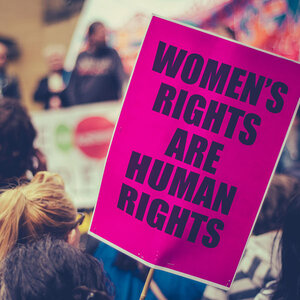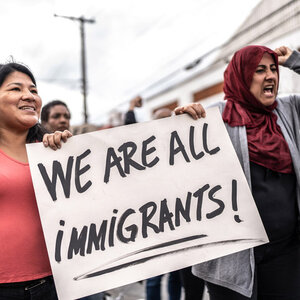September 11 Response Shifts to Long-Term Initiatives
Two years after the September 11 terrorist attacks, the charitable response to the attacks and their aftermath has shifted from direct relief to a number of longer-term initiatives, including mental health assistance and scholarship support, the New York Times reports.
According to the Foundation Center, of the $2.9 billion raised by charities in the wake of the attacks, roughly $2.2 billion has been spent. And with donations to 9/11 funds having slowed or stopped altogether, many organizations have begun to phase out programs that delivered short-term support to families of the victims and communities affected by the attacks. For example, the September 11 Fund, which was created by the New York Community Trust and the United Way of New York City and became the second-largest of the 350 funds created in response to the attacks, will cut off enrollment for some programs on January 31 and plans to close its offices by the end of 2004.
On the other hand, the scholarship effort for children and dependents of those killed in the attacks is just beginning to ramp up. To date, 297 dependents have received $3.1 million in tuition grants, out of a total of $125 million raised for the effort through the Families of Freedom Scholarship Fund. The Fund, which is administered by Scholarship America, in St. Peter, Minnesota, has registered more than 3,400 beneficiaries, including spouses, and estimates that it will probably be awarding scholarships to dependents of 9/11 victims through 2027.
"Everyone gets a minimum of $1,000," said Scholarship America president William C. Nelsen. "We will be looking at financial need at the time a student enrolls in college, and they will get anywhere from $1,000 to $18,000 or $20,000 a year."






